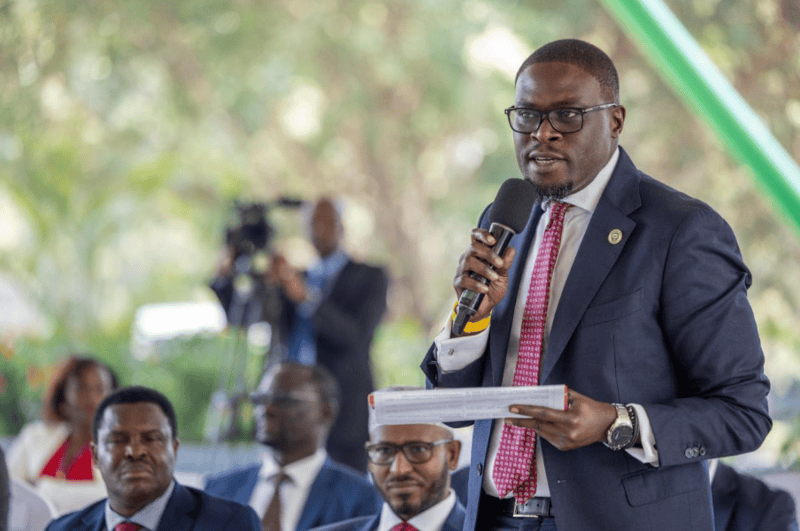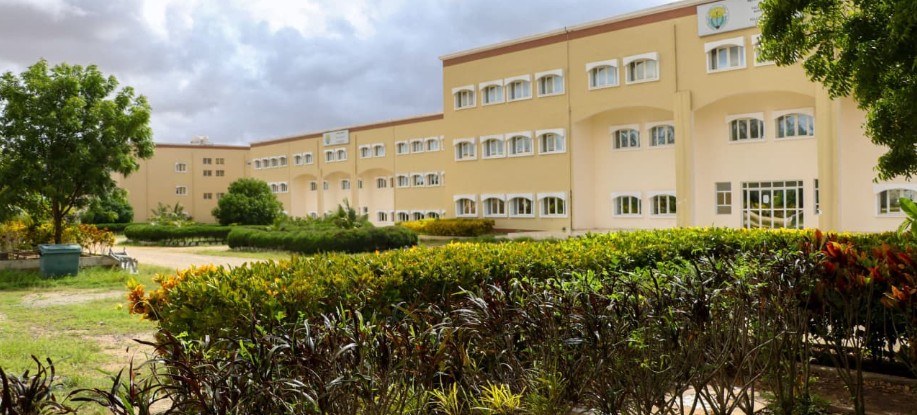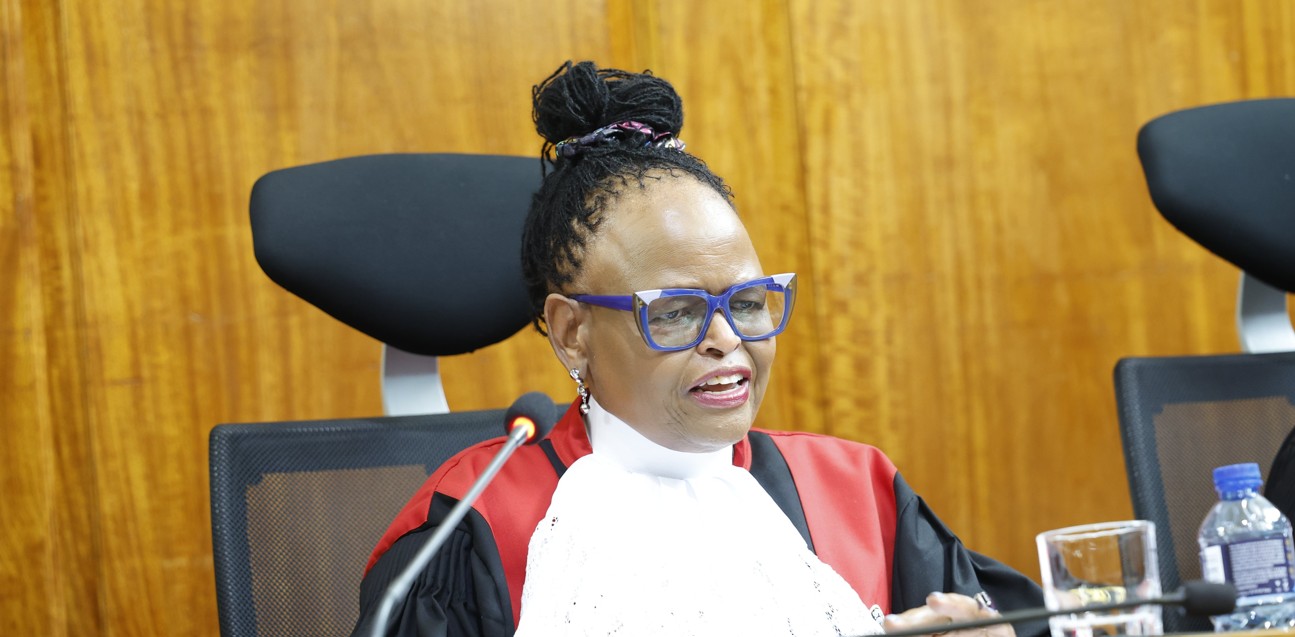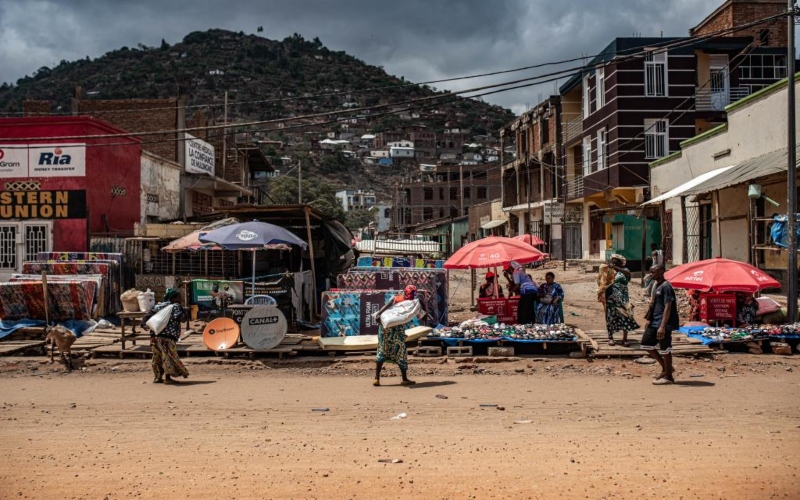Somali President Hassan fires back after ex-leader Farmaajo’s warning on economic crisis

Farmajo warns of severe economic hardship in Somalia, claiming government inaction, while President Hassan Sheikh defends his administration's efforts to address rising inflation and poverty.
Somalia's political climate took centre stage over the weekend after former president, Mohamed Abdullahi Farmaajo, and current President Hassan Sheikh Mohamud appeared to exchange public remarks addressing the economic pressures facing many residents of Mogadishu.
The exchange followed Farmaajo’s first major public appearance since his defeat in the 2022 election. His comments immediately sparked wide debate among lawmakers, citizens, and political observers.
More To Read
- Mogadishu votes after 57 years: Historic district elections mark shift to people’s power
- Somalia seeks additional Sh5 billion to print new banknotes
- Somalia raises Mogadishu port cargo handling to 250,000 units, positioning it to rival Mombasa, Dar es Salaam
- Ex-Somali Presidents condemn President Hassan Sheikh Mohamud’s administration over deadly land evictions
- Somalia Minister Bihi Iman Igeh named African Finance Minister of the Year 2025 at ALM Africa Summit
- Somalia at 65: What’s needed to address its dismal social development indicators
Farmaajo addressed a gathering of parliamentarians in Mogadishu after returning to the capital, where he had been away from for several months. During his remarks, he issued a stark warning about the worsening economic conditions affecting many families.
“I have researched this thoroughly and found that the country is in a severe crisis,” Farmaajo said. “People are talking about levels of hardship that some of you may not be aware of. Many citizens eat only one meal a day or once every two days.”
Farmaajo, who spent time listening to reports from residents and community members, explained that the scale of the hardship could no longer be ignored. His statement quickly spread across Somali social media platforms, where citizens shared personal stories and raised questions directed at government officials. Many agreed with Farmaajo’s description of the situation, arguing that conditions had worsened following the end of his presidency.
Residents of Mogadishu speaking to local media outlets reported rising costs for basic goods and difficulty finding jobs. Several expressed nostalgia for times when they felt more confident in managing household expenses. The rapid increase in the cost of living left many families struggling to cope.
As the online discussion grew, more citizens, commentators, and political figures added their perspectives. Some posted their own accounts of the rising prices for food, water, housing, and transportation. Others voiced concerns about the government’s inability to curb inflation or protect vulnerable families from mounting financial pressures.
While many supported Farmaajo’s assessment, others challenged his view, attributing the challenges to global economic trends, regional instability, and long-standing structural issues rather than to any single government’s policies.
President Hassan Sheikh Mohamud responded indirectly during his own public remarks, refraining from naming Farmaajo but addressing the subject of economic hardship. He acknowledged the presence of hunger and poverty but rejected claims that government leaders were disconnected from the struggles of ordinary citizens.
“There is hunger, and there is poverty,” President Hassan said. “But that does not mean the government and its institutions are unaware of the challenges.”
In the same address, Hassan discussed improvements in Mogadishu’s security situation. He expressed confidence that the capital was safe for residents, visitors, and institutions, comparing it favourably to other major cities worldwide. He attributed this progress to the efforts of security forces and coordination between different agencies.
The exchange between the two leaders comes at a time when Mogadishu residents continue to grapple with inflation, unemployment, and rising prices for basic goods.
Many families report that food costs now consume the majority of their income, while others struggle with the rising costs of rent and transportation.
Business owners also face challenges, including difficulty importing goods, securing supplies, and maintaining stable profit margins. Meanwhile, young job seekers report long periods of unemployment and limited opportunities.
Top Stories Today













































